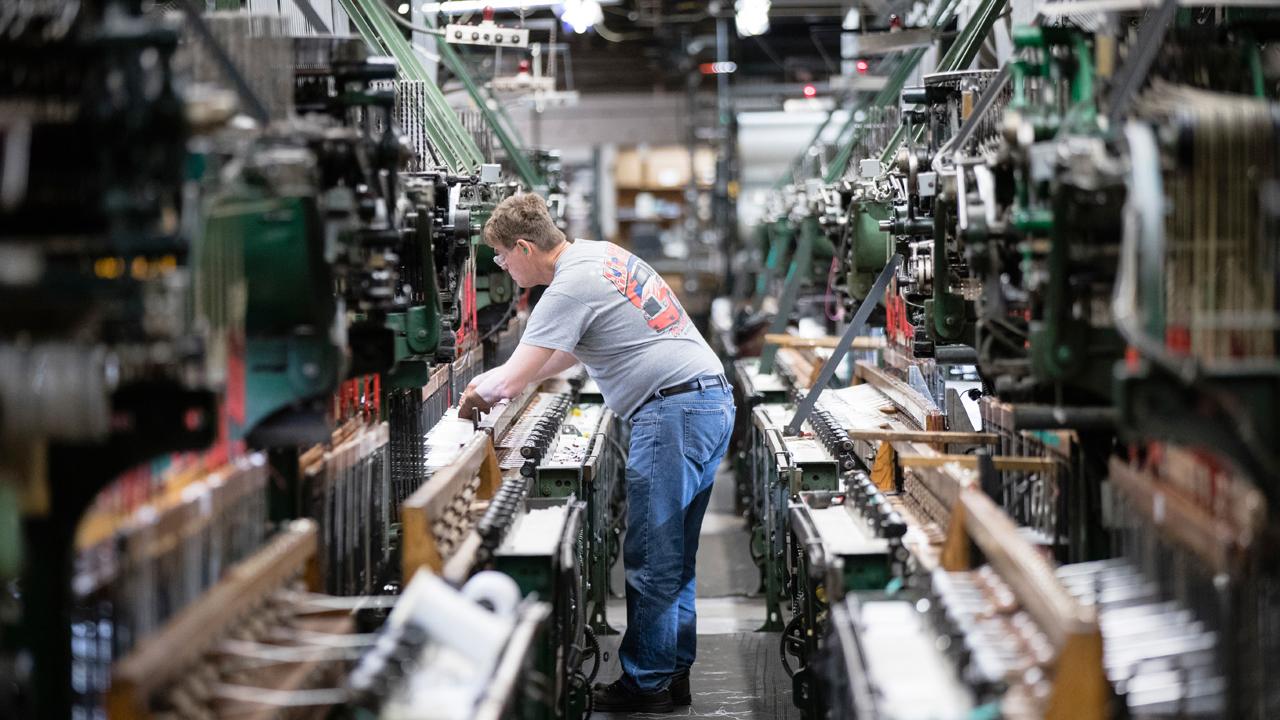Is the US bond market forecasting a recession?
Is the U.S. economy headed for a recession? One economic indicator may be pointing in that direction.
The spread between the 3-month Treasury bill interest rate and 10-year Treasury note yield inverted on Wednesday – which means the yield on the 10-year fell below the 3-month – for the second time since 2007. On Thursday, the yield on the 10-year-treasury note was just 2.2 percent, the lowest level since September 2017. The yield on the 3-month treasury bill, meanwhile, was 2.3 percent.
Yield curve inversions, which are rare, have typically been considered an indication of recession because it means with the interest rate on long-term bonds lower than the rate on short-term bonds, investors think economic growth is slowing and the Federal Reserve will be forced to lower short term rates.
The bond market movement comes amid inflamed U.S.-China trade tensions, a possible clash between Italy and the European Union over debt, and the potential for a no-deal Brexit. The latter two events have also spurred foreign investors to buy U.S. Treasuries as their yield remains relatively high compared to the rest of the world.
The U.S. central bank has also signaled that, in the face of trade policy uncertainties and muted inflation, it will not raise the benchmark federal funds rate "for some time." Now, the bond markets appear to increasingly be betting on at least one Fed interest rate cut by the end of the year, flashing a signal that its policy interest rate is too tight at the current range of 2.25 to 2.5 percent, according to Tom Essaye, the founder of Sevens Report Research.
"That's a very clear message the bond market is sending the Fed, and the Fed is ignoring it," Essaye told FOX Business.
The U.S. Treasury yield curve inverted in both 2000 and 2007, as well as in mid-March this year.
So how worried should investors be about an impending recession?
"Worried," Essaye said. "Does that mean we run out and sell stocks? No. The market's still up, very solidly, year-to-date. Economic fundamentals are still generally fine here. But certainly that should make everyone look at their portfolio and see where they have exposure, and see if they're comfortable with the exposure knowing the chances of a recession are as high as they have been in the last five years."
He noted that it doesn't necessarily mean the rally is over but noted that the market is facing the most headwinds since the October to December time frame last year.
CLICK HERE TO GET THE FOX BUSINESS APP
The spread between the 3-month and 10-year notes is a closely watched gap, though the spread between the 2- and 10-year note yields is also closely followed. That, too, is also narrowing.
The unemployment rate sits at 3.6 percent, a 40 year low, while the economy grew at a rate of 2.9 percent in 2018 – the fastest pace since 2015. Growth for the first-quarter of 2019, meanwhile, was revised modestly down to 3.1 percent on Thursday by the Commerce Department.




















